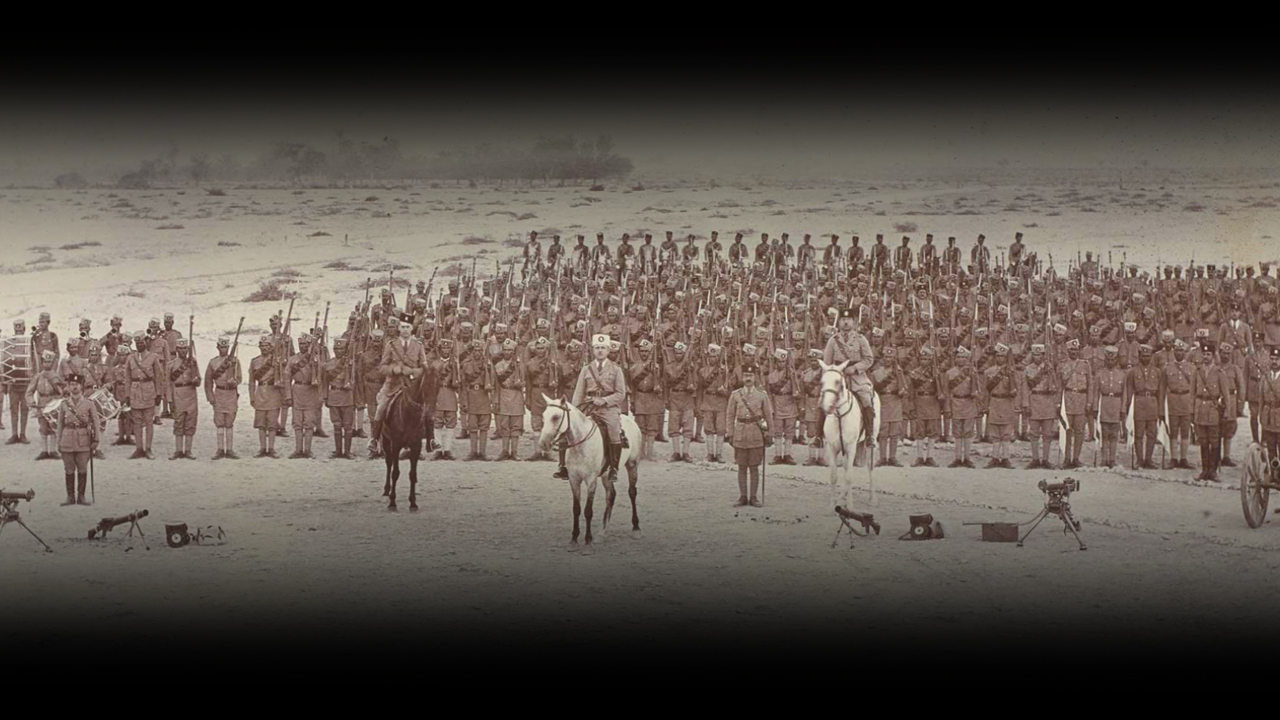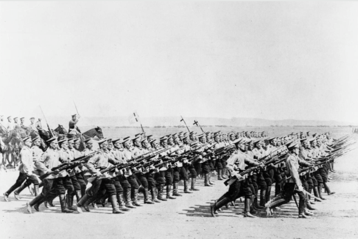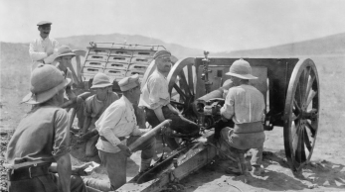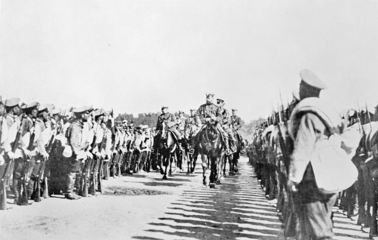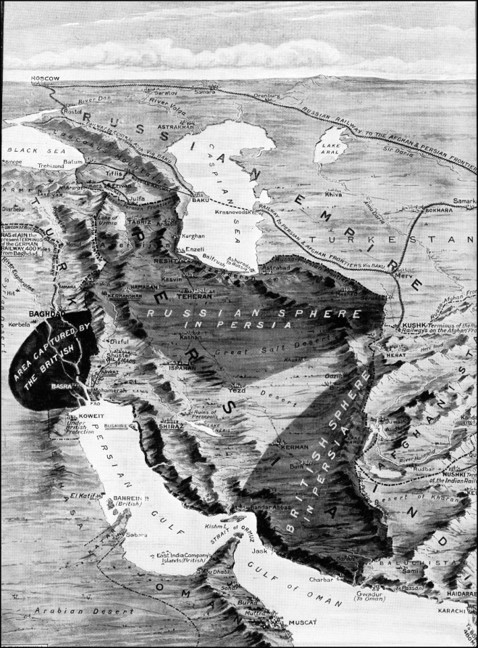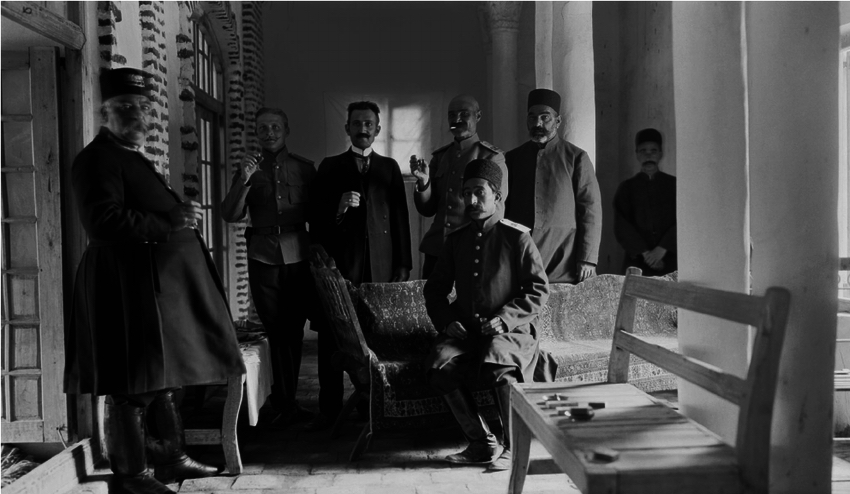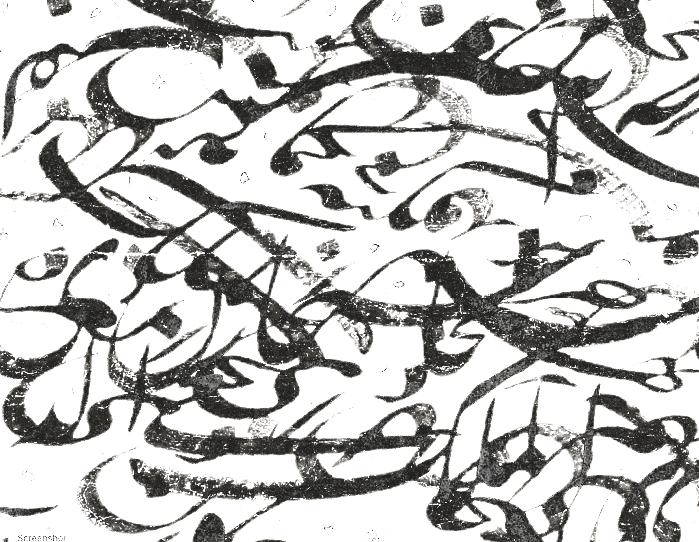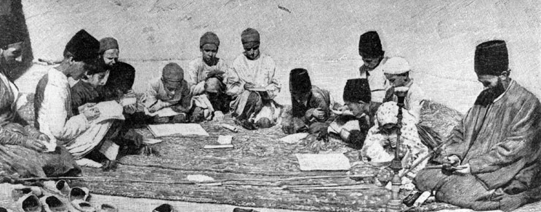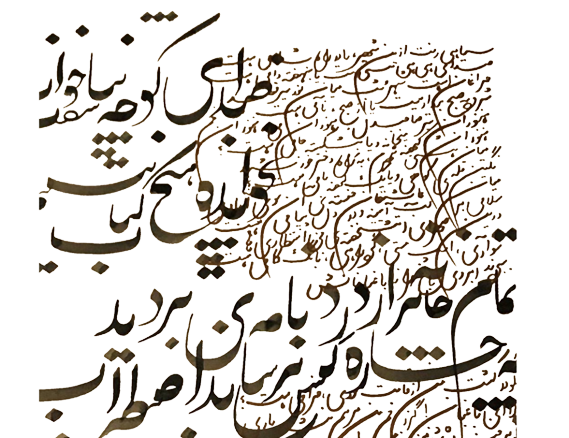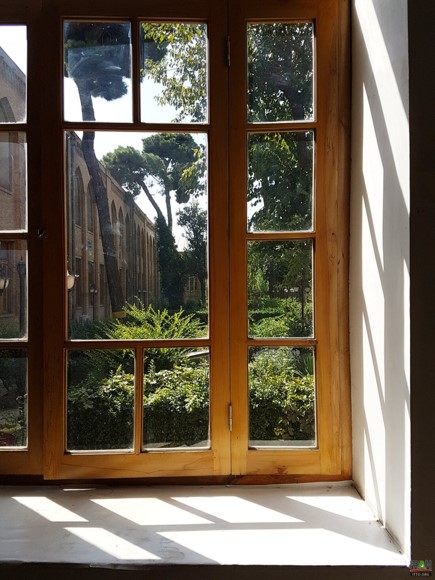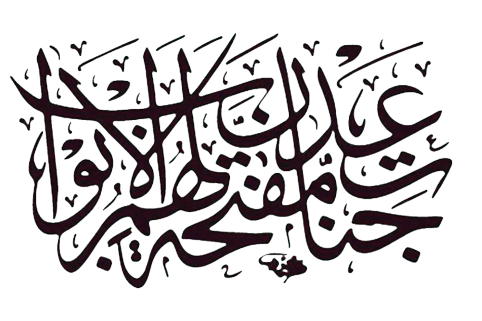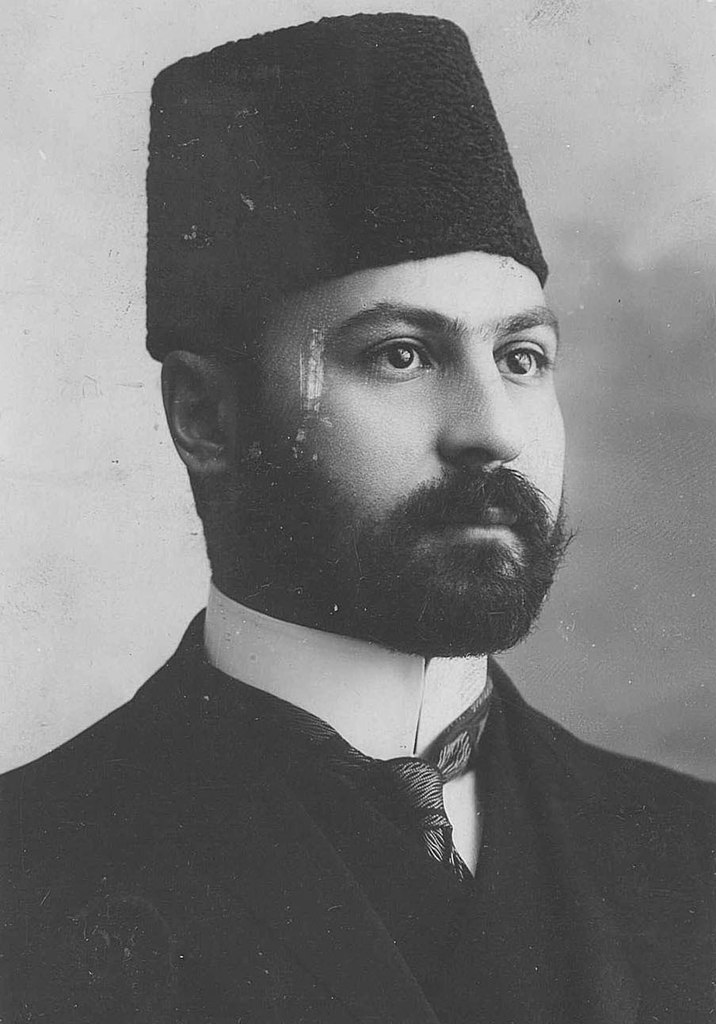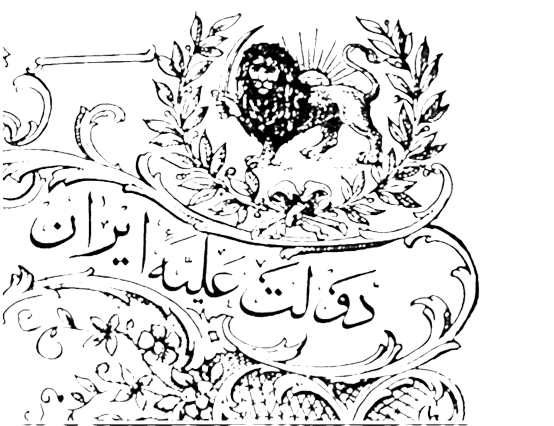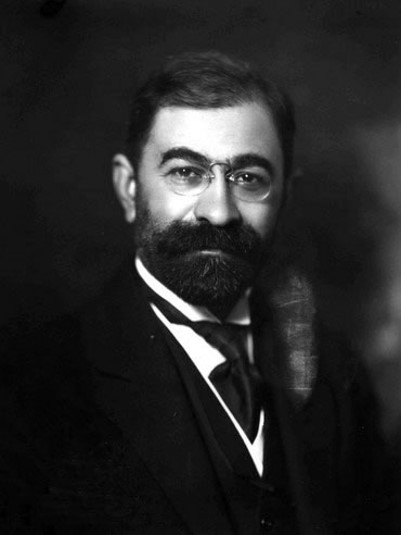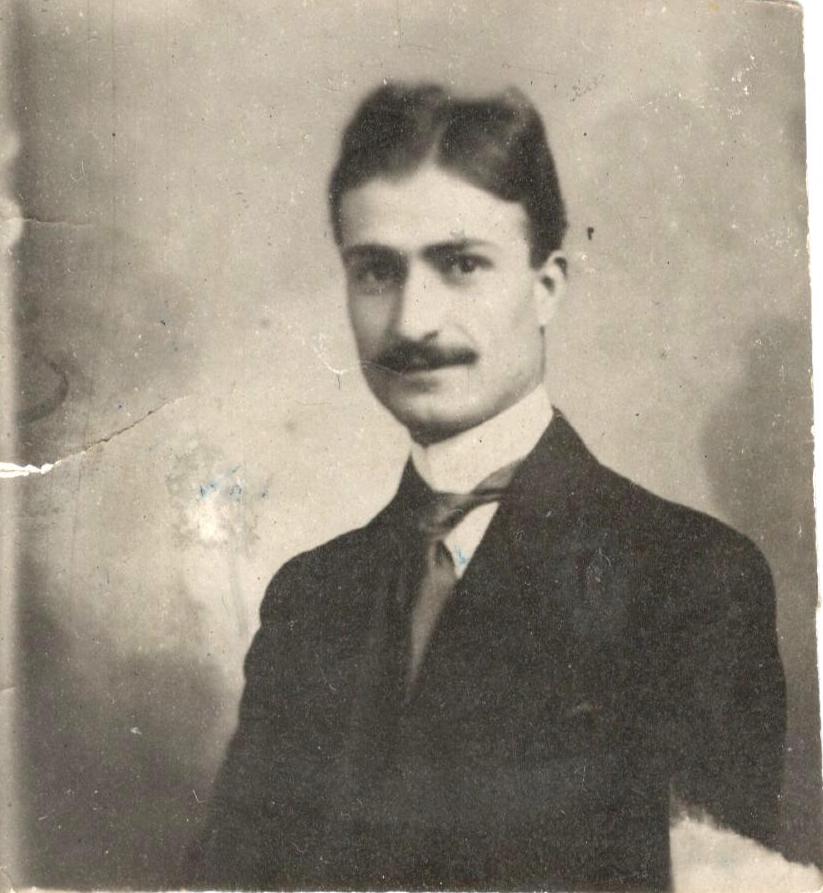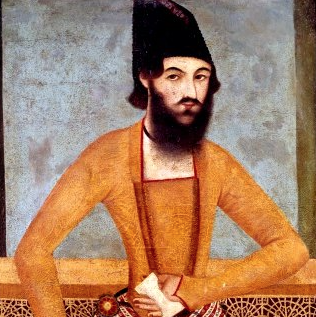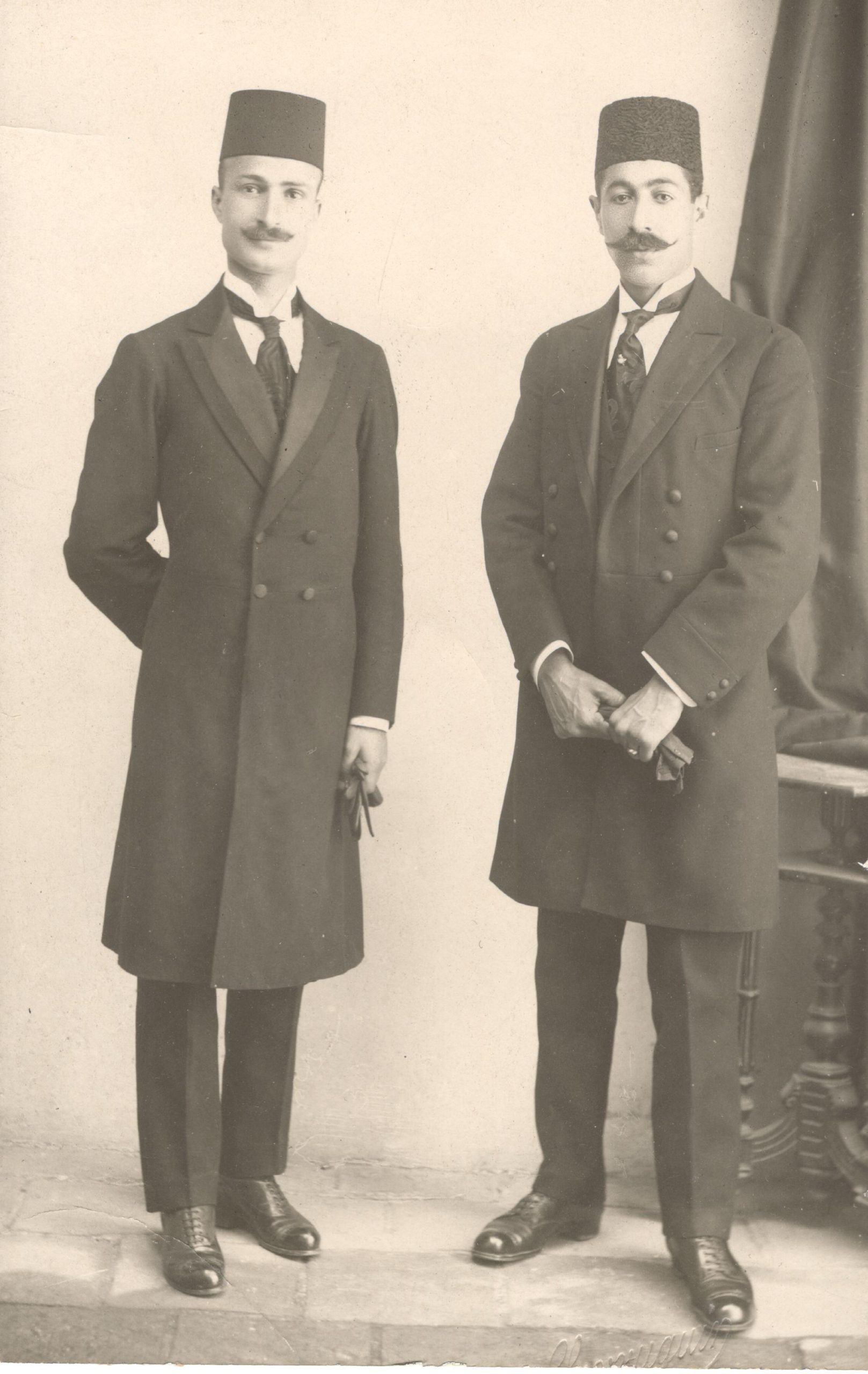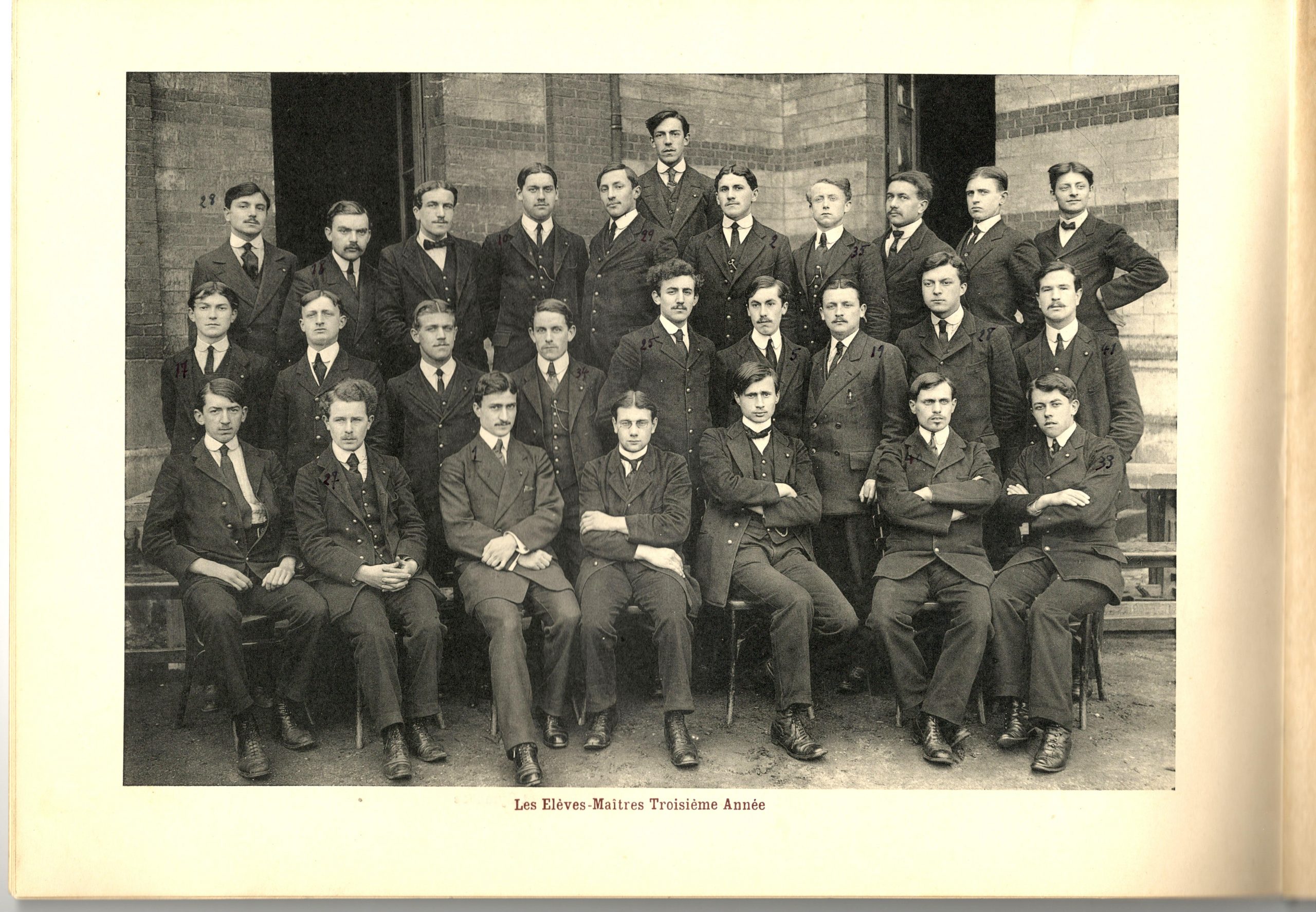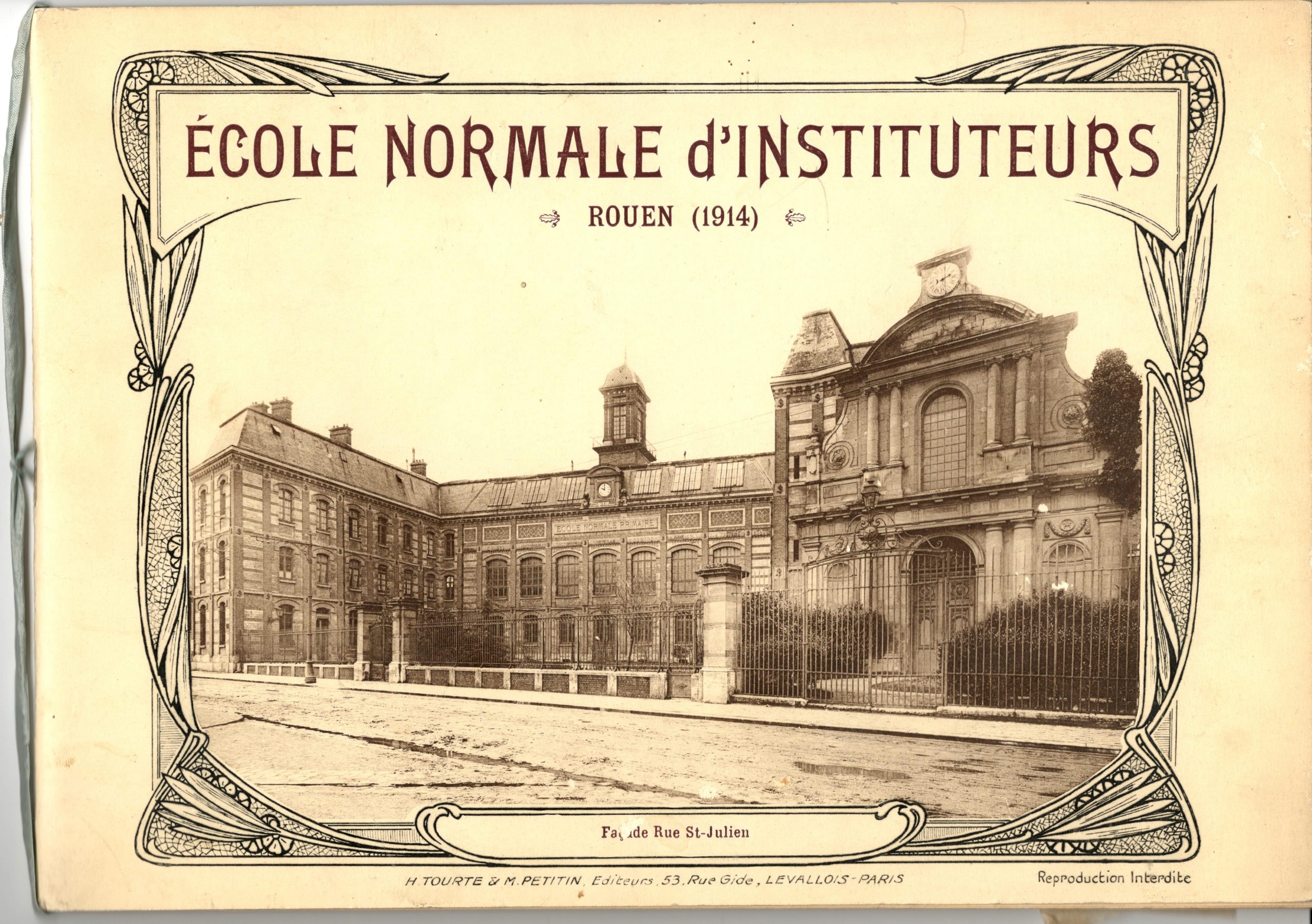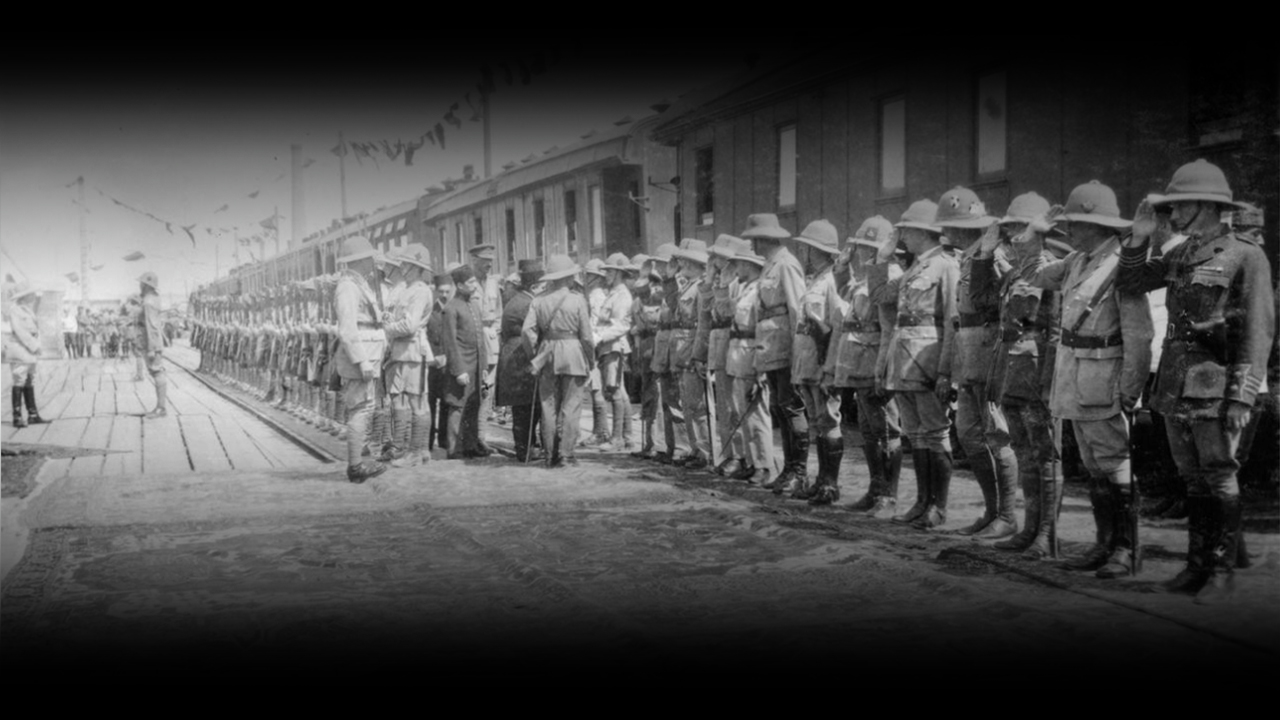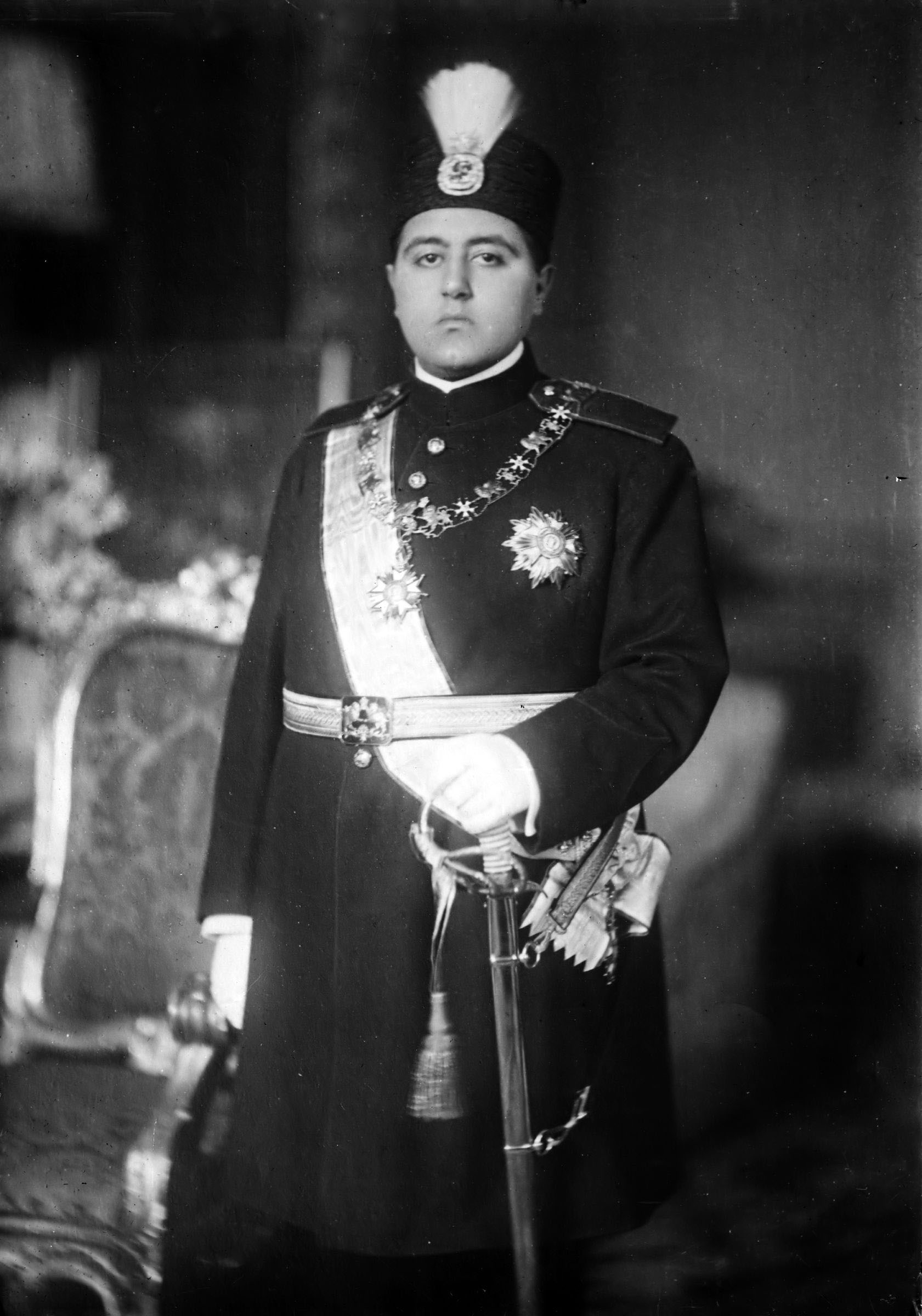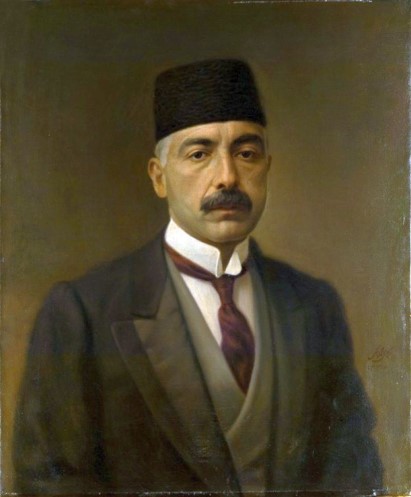Ultimately, this agreement, and Lord Curzon specifically, was to be heavily criticized on the international stage for the pursuit of an outmoded imperial diplomacy. The French and American press attacked Britain for treating Iran as a protectorate and for the secrecy surrounding the negotiations. The French and United States governments began quietly campaigning against the agreement and declined to recognize it.
The international uproar aside, the agreement was to suffer from other interconnected factors. Lord Curzon had also forced this agreement on Britain. Others in government and the Government of India had been against greater involvement in Iran. Soviet Russia, also against the agreement, responded by landing a Russian military force in the Caspian, intent on securing the Iranian capital Tehran. Despite the aftereffects of the Russian Revolution, Lord Curzon was surprised to see that they were still a factor in Iranian politics.
Fundamentally, however, Lord Curzon had not expected the Iranian reaction to the agreement. Greeted as a final nail in Iranian sovereignty, this agreement which had been facilitated by British bribes, epitomized everything which a growing Iranian polity considered wrong in their relationship with foreign powers. The secrecy in which it had been negotiated and the use of bribery were two factors in international diplomacy which President Wilson opposed. The agreement was never to be ratified by Iran’s parliament but the negotiation of such an agreement, the very antithesis of Iran’s aims at the Peace of Paris, would undercut the Iranian attempts to get a hearing.


